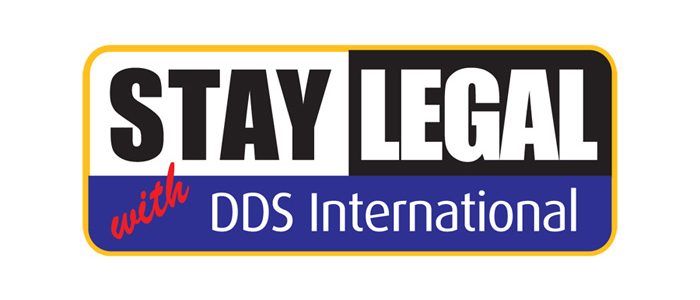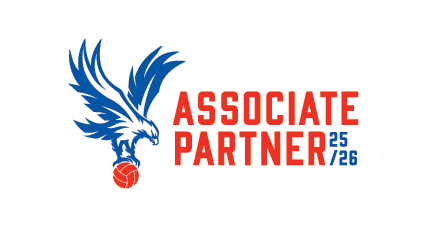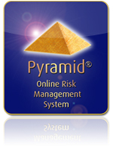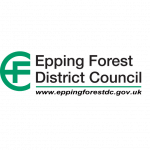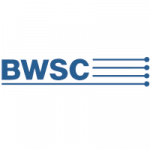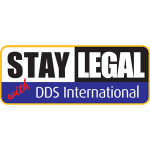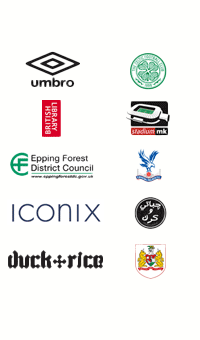22 Cases of Bacteria Contaminated Food Recalls in the UK
In this article we take a look at twenty two cases of bacteria contaminated food recalls in the UK. This list is composed using the Food Standards Agency’s historic records of food alerts news. We first take a look into the details of the food recall and the type of contamination and end with information about the bacteria found in each of the recalls. This list is in date descending order of the product recalls.
Food Product Recalls
1. Mars Chocolate Drinks – Bacillus
Mars had to recall thousands of their chocolate drinks in 2014 after it was found that the drinks contained ‘elevated levels’ of Bacillus bacteria. Among the drinks affected were Mars Milk, Snickers Shake and Galaxy Smooth Milk. The drinks were manufactured by Milchwerke Mittelelbe GMBH, a Germany based company.
2. Fine Seafood Co Smoked Salmon and Smoked Mackerel – Listeria Monocytogenes
UK supplier Fine Seafood Company recalled all 100-gram packs of its smoked salmon because of the presence of the bacterium listeria monocytogenes. Point-of-sale notices were displayed in stores explaining the actions consumers can take if they had bought the affected product.
3. Dairy Crest Weight Watchers West Country Thick Cream Reduced Fat – Bacillus
Higher than normal levels of bacillus cereus was found in a small proportion of Weight Watchers West Country Thick Cream. Thousands of pots of thick cream had to been recalled over fears of giving food poisoning to the consumer.
4. Booker Chef’s Larder Madras Curry Powder – Salmonella
Salmonella was found during routine testing of Chef’s Larder Madras Curry Powder. The product was recalled as a precautionary measure.
5. The Fine Seafood Company Smoked Salmon – Listeria Monocytogenes
The Fine Seafood Company recalled its ‘Whiskey Cured and Oak Smoked’ Smoked Salmon after the discovery of high levels of Listeria monocytogenes. The company’s plain Smoked Mackerel and Peppered Smoked Mackerel was recalled at the same time due to incorrect use-by dates.
6. The Engine Shed Organic Tofu – Clostridium Botulinum
The Engine Shed recalled packs of its vacuum-packed Organic Tofu because they were produced with inadequate controlling factors. The lack of controlling measures should be in place to prevent the growth and toxin production of Clostridium botulinum.
7. Sainsbury’s SO Organic Sultanas – Salmonella
UK supermarket chain Sainsbury’s immediately withdrew 500g bags of SO Organic sultanas from its shelves after low levels of salmonella were found during routine testing.
Food safety is our top priority so we immediately took this product off display and, as a precautionary measure, we are asking customers who have bought these sultanas to return them to their nearest Sainsbury’s store where they will receive a full refund.
We apologise to customers for any concern and inconvenience this causes – Sainsbury’s statement
8. Loch Arthur Creamery Criffel Cheese – Listeria Monocytogenes
Loch Arthur Creamery had to recall batches of its Criffel unpasteurised cheese after Listeria monocytogenes had been detected in the product.
9. Sainsbury’s Watercress – E.coli O157
Sainsbury’s were forced to recall all of its own-brand watercress after an outbreak of E.coli. It was confirmed that at least 18 people had fallen ill from eating the watercress, with some of those being treated in hospital. As a precautionary measure all Sainsbury’s supermarket salads containing watercress were also recalled.
10. Loch Duart Ltd Oak Smoked Salmon – Listeria Monocytogenes
Loch Duart Ltd detected Listeria monocytogenes in their Oak Smoked Salmon which left no option but to recall a batch of the product.
11. Viridian Licorice Root Vegetarian Capsules – Salmonella
Two batch codes of Viridian’s Licorice Root Vegetarian Capsules were recalled on a precautionary basis, because salmonella had been found in some of the products.
12. Asda Own-brand Curried Chicken Snack – Listeria Monocytogenes
Listeria monocytogenes had been detected in Asda’s Own-brand Curried Chicken Snack in 2013. The recall was on a precautionary basis.
13. Loch Arthur Creamery Cheese – Listeria Monocytogenes
The food-poisoning bacteria was found in some batches of Loch Arthur Creamery cheese following sampling by Dumfries and Galloway Council.
14. Sainsbury’s own-brand Lemon Thyme – Salmonella
Sainsbury’s recalled its own-brand Lemon Thyme because salmonella had been detected in one pack of the product during routine testing.
15. Argyll Smokery Prawns – Clostridium Botulinum
A single batch of smoked prawns were recalled by the Food Standards Agency in Scotland as a processing error could have caused Clostridium botulinum to grow.
16. Koon Yick Wah Kee Rose Bean Curd (Tofu) and Chilli Bean Curd (Tofu) – Bacillus
Dutch importer Liroy B.V. recalled batches of their products because they were contaminated with the bacterium Bacillus cereus and several types of yeast.
17. Peanut Butter and Peanut-based Products – Salmonella
Consumers were warned not to eat certain peanut butter and peanut-based products which had been imported from the US because of possible contamination with salmonella. The peanut based products were produced by Sunland Inc. who are a US based company. The UK wasn’t originally at risk and the products weren’t for sale in an major supermarkets but it came to light that specialists website could have been selling the products to consumers in the UK.
18. Myprotein Free Range Liquid Egg Whites – Salmonella
The Food Standards Agency issued an alert after Myprotein recalled their free range liquid egg whites because salmonella has been detected in a batch of the product.
19. Italian Olives Sold in Jars – Clostridium Botulinum
One person became ill with botulism poisoning after eating Italian olives sold in jars. Investigations discovered where the jar of olives was bought and other places where they may have been on sale. I DIVINI di Chicco Francesco was found to be the brand associated with the contaminated products.
20. Sainsbury’s Own-brand Fruit and Nut Mix – Salmonella
Sainsbury’s had recalled all packs of its own-brand So Organic Fruit and Nut Mix, as salmonella has been detected in one pack during testing.
21. SPAR Chicken Chunks – Listeria Monocytogenes
SPAR recalled one batch of their Flame Grilled Chicken Chunks as low levels of Listeria monocytogenes were detected in one sample during routine monitoring.
22. Iceland Frozen Minced Lamb – Salmonella
Iceland recalled it’s frozen minced lamb because some batches may have been contaminated with salmonella.
Bacteria Information
Bacillus
Bacillus cereus or B. cereus is a type of bacteria that produces toxins. These toxins can result in two types of illness: one type characterized by diarrhea and the other, called emetic toxin, by nausea and vomiting.
These bacteria are present in foods and can multiply quickly at room temperature.
Listeria Monocytogenes
Listeria is the name of a bacteria found in soil and water and some animals, including poultry and dairy cattle. It can be present in raw milk and foods made from raw milk. It can also live in food processing plants and contaminate a variety of processed meats.
Listeria is not like many other germs because it can grow even in the cold temperature of the refrigerator. Listeria is killed by cooking and pasteurization.
Salmonella
Salmonella, the name of a group of bacteria, is one of the most common causes of food poisoning in the world. Usually, symptoms last 4-7 days and most people get better without treatment. But, Salmonella can cause more serious illness in older adults, infants, and persons with chronic diseases. Salmonella is killed by cooking and pasteurization.
E.coli O157
E. coli is a type of bacteria that lives in your intestines and in the intestines of animals. Although most types of E. coli are harmless, some types can make you very ill.
The worst type of E. coli, known as E. coli O157:H7, causes bloody diarrhoea and can sometimes cause kidney failure and even death. E. coli O157:H7 makes a toxin called Shiga toxin and is known as a Shiga toxin-producing E. coli (STEC). There are many other types of STEC, and some can make you just as sick as E. coli O157:H7.
One severe complication associated with E. coli infection is hemolytic uremic syndrome (HUS). The infection produces toxins that destroy red blood cells, causing kidney injury. HUS can require intensive care, kidney dialysis, and transfusions.
Clostridium Botulinum (Botulism)
Botulism is an uncommon but potentially life-threatening bacterial illness. Clostridium Botulinum bacteria grows on food and produces toxins that, when eaten, cause paralysis. Botulism poisoning is extremely rare, but so dangerous that each case is considered a public health emergency. Studies have shown that there is a 35% to 65% chance of death for patients who are not treated immediately and effectively with botulism antitoxin.

